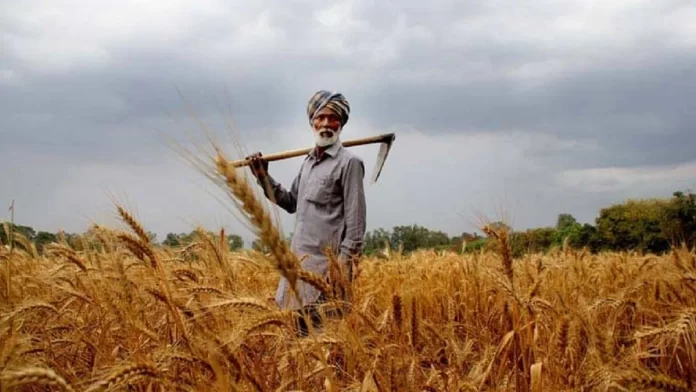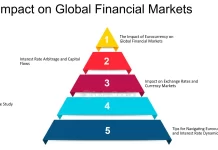Data supplied by the General Insurance Council indicates that the primary cause of the decline is the 32% decrease in premium income guaranteed by the state-owned Agriculture Insurance Company (AIC), which fell to Rs 9,890 crore during FY24 from Rs 14,619 crore the previous year. The nation’s top crop insurance provider is AIC. In FY24, the exposure to crop insurance of four government-controlled insurers decreased: AIC, New India Assurance, Oriental Insurance, and SBI General.
Interestingly, AIC paid claims of Rs 12,353 crore under PMFBY throughout the course of the year.
Additionally, state-owned Oriental Insurance Company decreased its investment from Rs 1,752 crore to barely Rs 8.94 crore in FY24. Additionally, SBI General Insurance lessened its exposure. The biggest insurer in the nation, New India Assurance Company, disclosed a negative premium underwritten at Rs 34.41 crore as opposed to Rs 11.38 crore in the previous year.
A decrease in crop insurance coverage was reported by four insurers under government control, either directly or indirectly. One important area of the economy is the farming sector. According to a representative of an insurance company, public sector organisations ought to have taken the lead in offering insurance to farmers who are at danger of losing money because of heat waves, floods, and unusual rains.
Farmers had a terrible time in FY24 as a result of various crop losses that raised inflation rates.
On the other hand, the total premium income covered by general insurers increased by 19.5% to Rs 20,786 crore from Rs 17,391 crore the previous year. Throughout the year, up to eight general insurers avoided crop insurance.
In FY24, the PMFBY scheme, which is presently integrated with numerous stakeholders on a single platform, provided insurance coverage to approximately 4 crore farmers growing over 50 different crops. With over 55% of insured farmers falling into the non-loanee farmer category, CSCs (common service centres) serve as the primary enrollment channel for farmers. Through these channels, the channel has logged an astounding 4 crore farmer applications, with 2.5 crore and 1.5 crore enrolments in the Kharif and Rabi seasons, respectively.
By offering a complete insurance coverage against crop failure, PMFBY helps stabilise farmers’ income and motivates them to implement cutting-edge techniques.
For loanee farmers seeking a crop loan or a Kisan Credit Card (KCC) account for designated crops, participation in the programme is required. For other farmers who are not loanees but have an insurable interest in the insured crop, it is optional. For all Kharif food and oilseed crops, the highest premium that farmers must pay will be 2%; for rabi food and oilseed crops, it will be 1.5%; and for annual commercial or horticultural crops, it will be 5%.
The Ministry of Agriculture and Farmer Welfare introduced AIDE (App for Intermediary Enrollment) in order to broaden the scope of PMFBY. This app enables intermediaries to enlist farmers who are not on loans starting in Kharif 2023. In a note to the CEOs of insurance companies and broking firms, the Ministry stated that this initiative effectively engaged insurance brokers and led to 71% of farmer enrolments through Point of Salespersons (PoSPs), totaling 6.88 lakh farmer applications with more than 4.15 lakh hectares of area under insurance across 11 States and 12 insurers.
“Using insurance brokers to access such a vast network of over 12 lakh PoSPs presents a significant opportunity to increase enrolment rates among non-loanee farmers.” According to the Ministry, this approach greatly increases the number of non-loanee farmers enrolled and increases their access to a wide variety of retail insurance products.
Insurance intermediaries are required by the service level agreement (SLA) to offer non-loanee farmers enrollment services via the Ministry of Agriculture’s AIDE (mobile and web platform). The premium will be collected and sent to the insurance companies in line with the timeframe given in the relevant operational guidelines of PMFBY and RWBCIS, as amended from time to time, after the application on AIDE has been successfully submitted and the non-loanee farmer has received an acknowledgment.





























